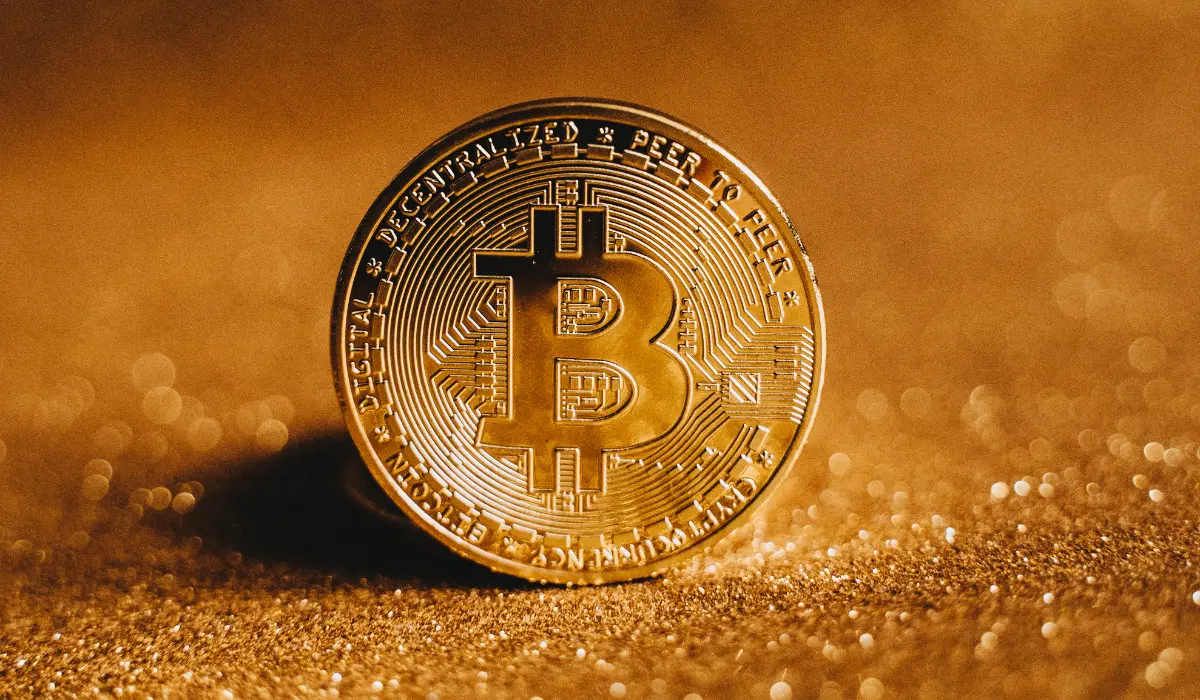
The post-election exchange data shows that Big Banks likely gained around 5.3 Billion dollars from the Bitcoin and Ethereum futures contracts, marking the most bullish position attained by banks.
A surge in the price was expected when crypto-friendly Trump came to power, and this saw huge individual and institutional investments into the market before the elections. According to the market cap analysis, the overall cryptocurrency market gained around 37% value in the last four weeks.
The big banks started investing around an average price of $65K per BTC, and the paper profit is estimated at $1.4 billion. Also, they have surged in Ethereum futures contracts from 35 million dollars to around $300 million from October 15th to November 5th.
Who Are the Major Big Banks in this Surge?
According to the CFTC (Commodity Futures Trading Commission) data, an increase from 1.2K to 11K contracts was marked between October 8 and 15, generating 5.3 billion dollars at BTC’s all-time high. Here are the major banks that pushed for this achievement:
- JPMorgan Chase & Co: JPMorgan Chase, the biggest U.S.-based bank with total assets of 3.5 trillion dollars, has significant involvement in BTC trade. Initially, the company was very critical of blockchain technology. The CEO Jamie Dimon in 2017 called it “fraud”, but later acknowledged its use cases. Beyond facilitating BTC futures contracts and holding shares in Bitcoin Trusts, the interbank system of JPMorgan works through $JPM, a private stablecoin built on Ethereum. Last week the company renamed its blockchain wing into Kinexys, with plans to add public on-chain settlement for USD and EUR.
- Goldman Sachs: Bank-based Bitcoin futures were first created by the Chicago Mercantile Exchange (CME) in December 2017. After this introduction, Goldman Sachs was the first major multinational bank to delve into the BTC futures contracts. Other than futures, the company holds spot Bitcoin ETFs and plans to launch various tokenization projects soon. The digital assets clients head of the platform recently told the media that they are waiting for the approval of new pro-crypto regulations after the U.S. elections, assuring a better crypto-based economy for Americans in the coming years.
- SG Americas Securities: Société Générale aka SocGen, a France-based universal bank that has been here for 160 years, has a U.S. division called SG Americas Securities. Launched in 1983, it is one of the major players in the North American economy. The company has done various crypto-based experiments including the creation of the decentralized project MakerDAO. Beyond providing BTC & ETH futures, the firm offers services to crypto-based startups and asset management companies.
The Engagement of Banks with Bitcoin & Expected Changes in Regulations
U.S. banks in general are not allowed to purchase Bitcoin and other crypto assets directly, however, they can offer indirect exposure to Bitcoin trading services to customers. This can be done through Bitcoin futures contracts and Bitcoin ETFs (exchange-traded funds), approved by the SEC (Securities and Exchange Commission) and monitored by CFTC (Commodity Futures Trading Commission).
Other than major firms like JPMorgan, Goldman Sachs, SocGen, and BNY Mellon, various Dubai-based firms like Deribit also surged in the open-interest Bitcoin options contracts. The global interest of established banks in blockchain technology can be considered a major point in upcoming larger changes.
Initially, various banks were reluctant to accommodate cryptocurrencies. The regulatory frameworks also ignored blockchain technology. However, the recent involvement of these large-scale institutions in Bitcoin amidst the elections strengthens the blockchain belief, and the Trump administration is expected to endorse the usage of Bitcoin in various sectors and relaxations in crypto regulations are also anticipated.
A major portion of the current cryptocurrency market is ruled by various anonymous exchanges, and the arrival of traditional banks is considered a threat by various Bitcoin maximalists and crypto enthusiasts, as it can damage the anonymity factor. Satoshi Nakamoto, in the Bitcoin whitepaper, emphasized the importance of anonymity and the exclusion of traditional banks, and an exact opposite scenario goes against the foundational rules of the technology.
Because of the profitability, the large-scale exposure, and the security of backups in case of any breaches, the involvement of banks can be helpful. It can stop the issues like the collapse of FTX to an extent. However, decentralization is also very important, making it hard to cling to a side. Let’s hope for a healthy solution for these issues, and expect a hybrid form of centralization and decentralization.
